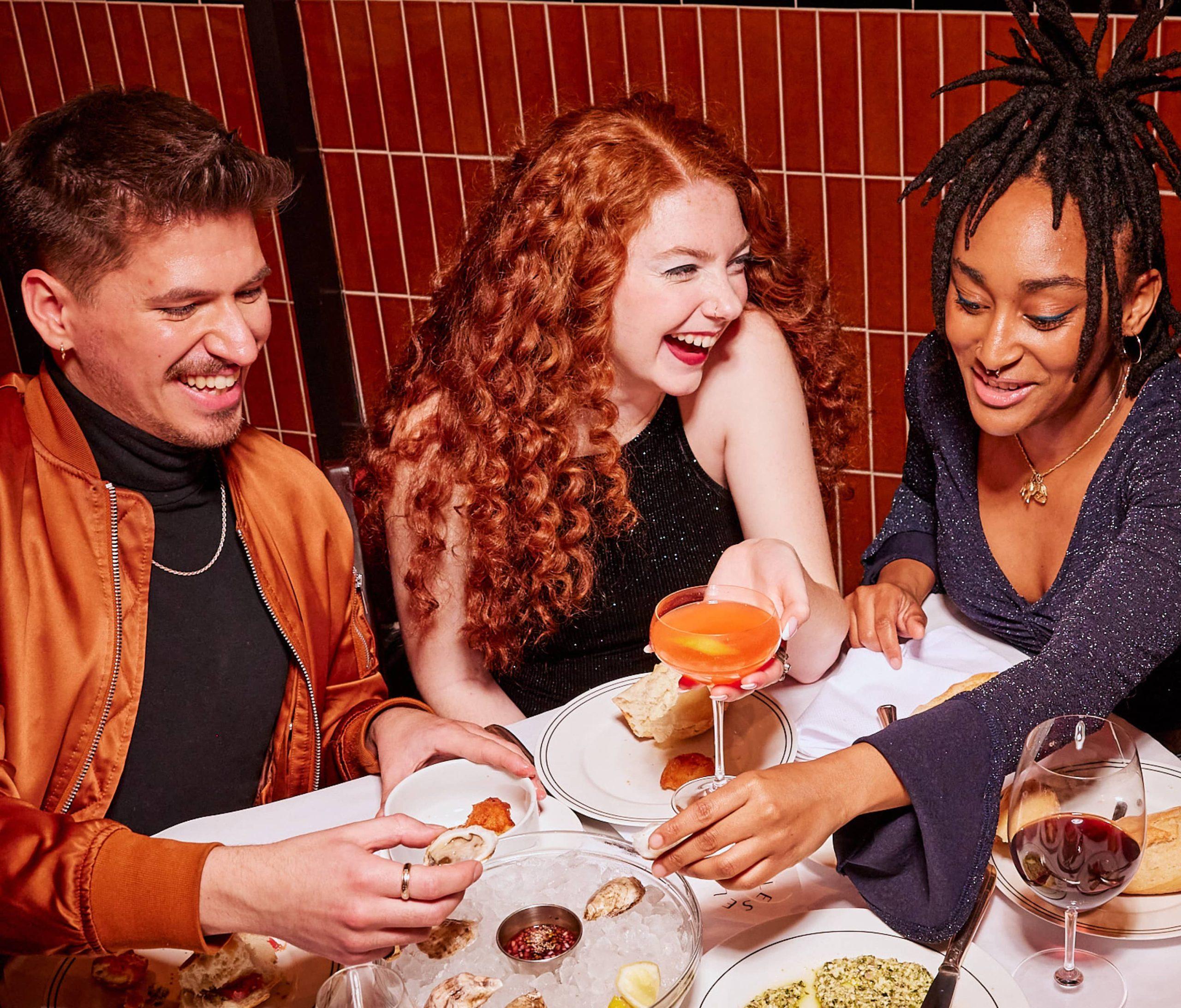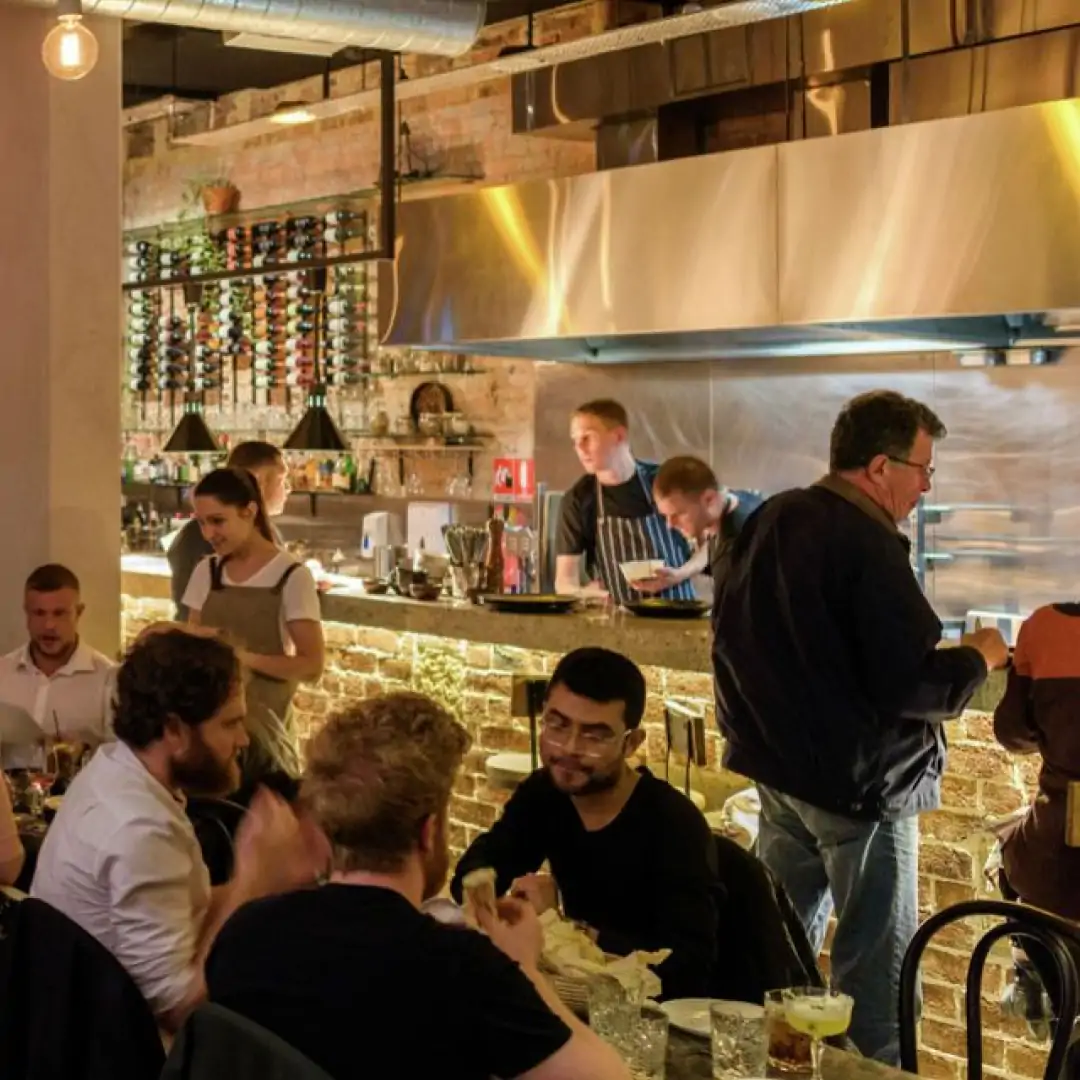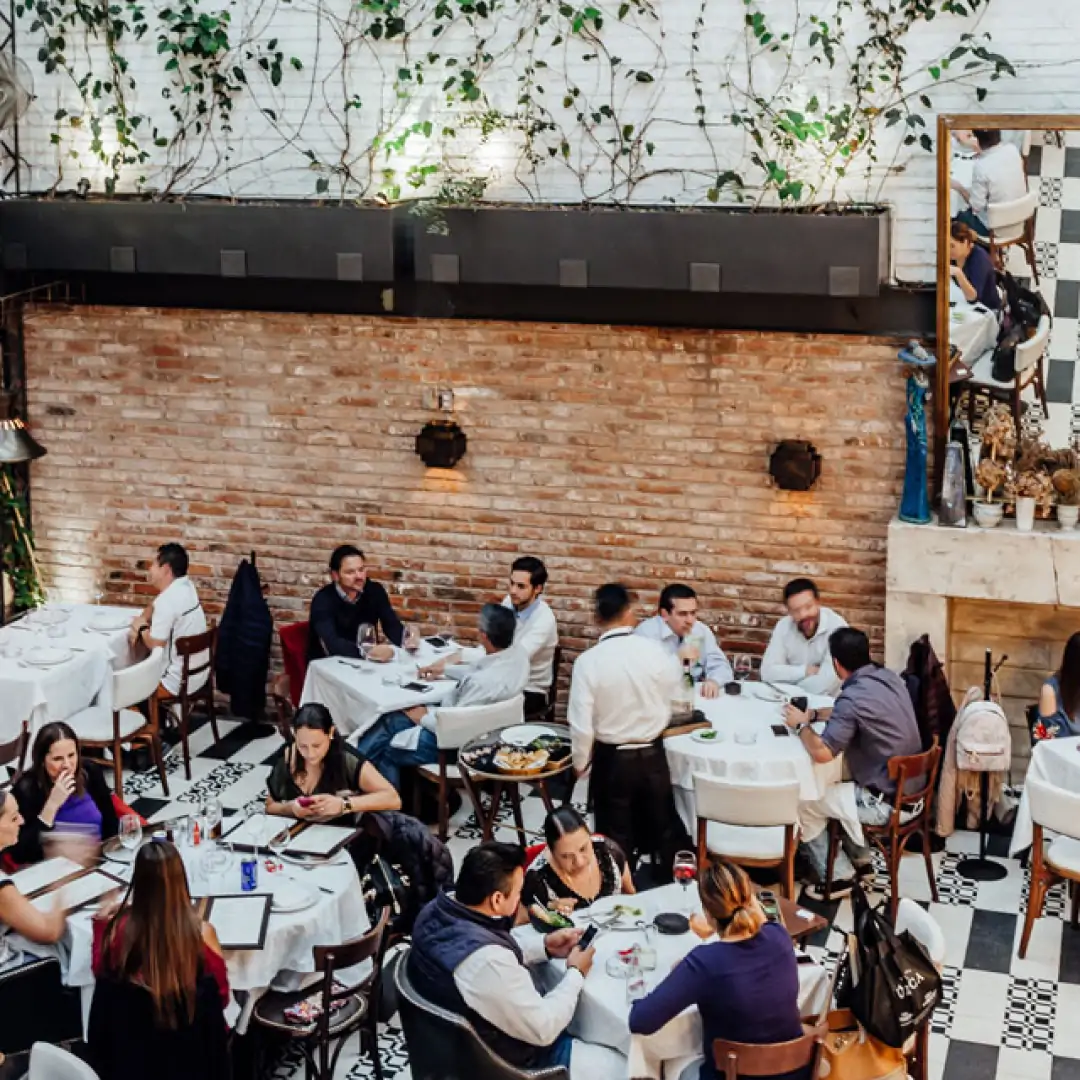Opening night in a new restaurant is among the most thrilling and energy-filled experiences there is. When your big night comes, you’ll want to ensure it’s met with ample attention from the media and community around you by making a concerted effort to create buzz. This process begins long before you ever open your doors and will be a huge catalyst to ensuring your early success, as well as establishing a core group of regular diners right out of the gate.
While each restaurant is different, there are some surefire ways to ensure your restaurant opening is eagerly anticipated and well-documented. Here, I’ll share some tips on gaining media attention without the help of a hired PR firm so that you have a full, happy restaurant of patrons when opening night comes around.
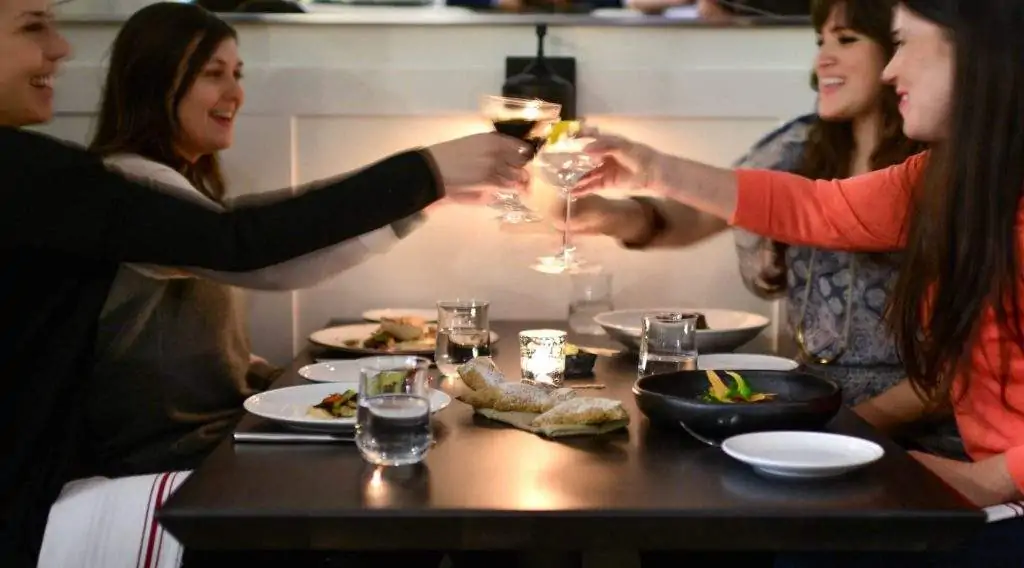
1. Know your audience. Before you start making decisions about where you want to focus your energy, carefully consider your target market. Who are they and how do they prefer to engage with the restaurant community? Understanding what sources of information influence diners will help you choose the most effective marketing channels for your restaurant. If you’re not sure, host an informal focus group (i.e. buy lunch) for a handful of people that represent your target market and ask them about their habits. Once you have a solid idea of what blogs, magazines, newspapers and social media accounts future guests rely on for information, you’ll know exactly who should be included in the marketing outreach.
2. Start your social media feeds early. You should start social media accounts (Instagram, Twitter, Facebook) as soon as you’ve chosen the restaurant’s name. Most consumers (87%) have visited a new restaurant based on finding it on social media, according to a survey from OpenTable—starting early is key. Document and share the progression of construction, menu item testing, staff training, and anything else that will help your audience get to know you, your team, your space, and your brand. Giving guests the opportunity to take the pre-opening, pre-launch journey with you in real time will create a sense of ownership and build familiarity with your brand before the restaurant has even served its first guest.
3. Love thy neighbor. Earning the trust and support of your immediate neighborhood is extremely important, because they are the guests that will be filling seats on freezing cold nights and holiday weekends. Show the community that you value their patronage by hosting a social hour with wine and light snacks, and ask attendees to drop a business card on their way out. This will earn you some immediate goodwill, give your staff a chance to build early relationships with neighbors, get people talking, and give you a high-quality head start on your mailing list. Enter these names into OpenTable right away with a guest note that indicates that they’re neighbors so that your team is always on top of giving them a little extra love.
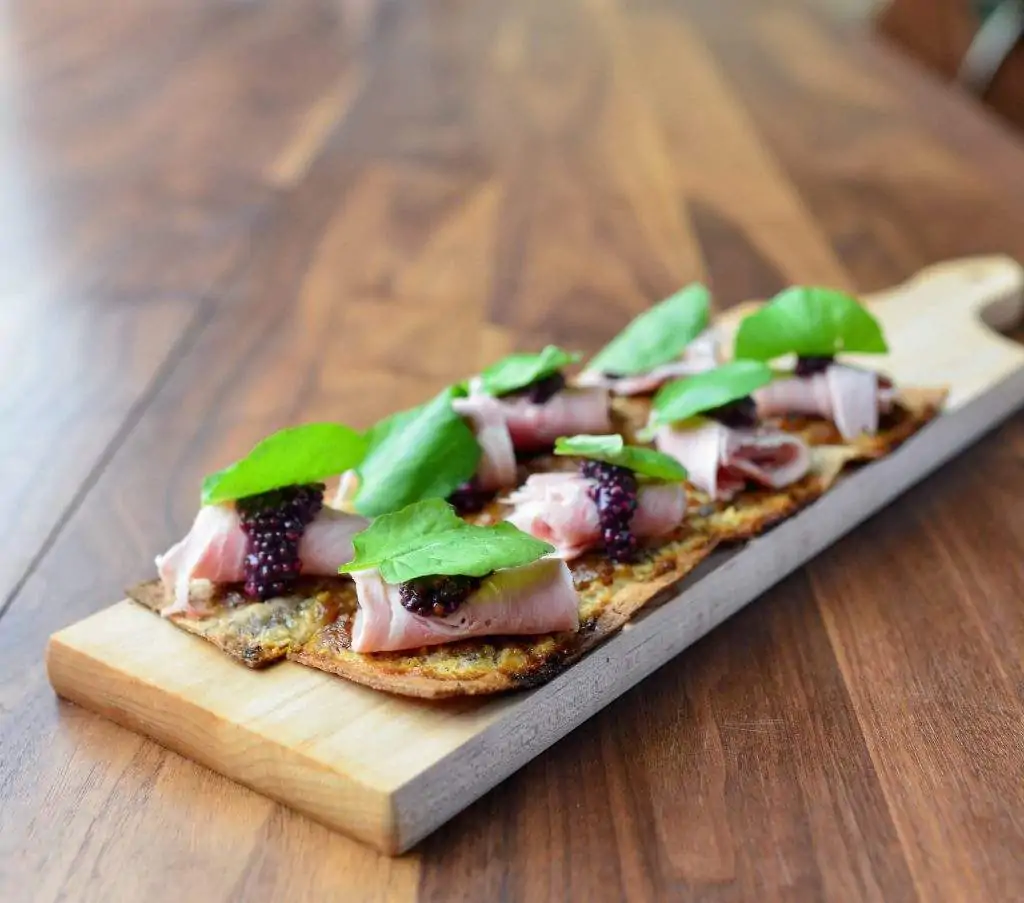
4. Host a media-focused sneak preview. Creating a small event to give the press a first look at the restaurant when it’s still a few weeks away from opening day is a great opportunity to continue generating buzz as you head down the home stretch, and also to build goodwill with the people that will be critiquing you and following your restaurant for years to come. Going above and beyond to show that they are important to you will help keep your restaurant’s name top of mind as others continue to open.
5. Hit the pavement. Local retail stores, condo buildings, hotel concierges, and other restaurants in your area are valuable sources of word of mouth marketing; after the opening buzz dies down, their referrals (and personal patronage) will help you fill reservations during off-peak times. Put together some on-brand treats and have a few members of your team personally deliver them. Be sure to include some general information about your restaurant including location, hours of operation, private dining room options, and menu style.
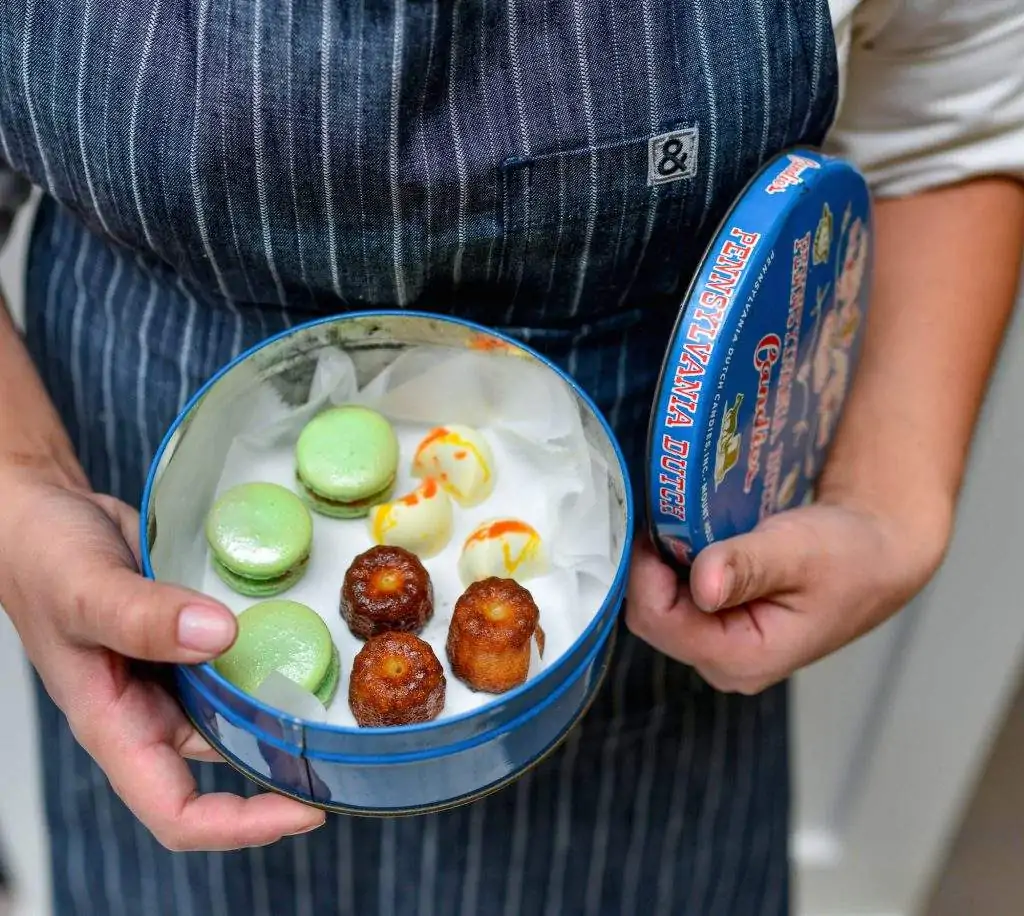
6. Give them something to write about. When you’re three plus months away from opening, there’s a limited amount of media coverage that can realistically be shared about your forthcoming restaurant. During that time, find other ways of putting yourself in front of the press and spread the word by hosting pop-up dinners, doing guest chef appearances at other restaurants, and helping with events for food-related non-profits.
7. Work your network. Personal introductions are the difference between getting five minutes of an influential person’s time and having your email perpetually buried in that same person’s inbox. Leverage your professional connections to find the friend of your mentor that knows the food writer of your city’s most popular publication so that you have the opportunity to personally invite them in for a tour and taste a few dishes before anyone else has.
8. Stay on brand. Social media content should share the same voice as your website and other branded materials. If you’re a chef-driven, ingredient-focused restaurant, skip the emoticons. The photos, captions, and articles you share should look and feel like one continuous story and not like a random collection of multiple people’s thoughts. Guests can only get to know your restaurant if its representation is thoughtful and consistent. When preparing food for hosted events or giveaways, focus on quality, not quantity, and make sure that presentations are picture perfect as they will likely be photographed and shared on social media.
By employing these strategies, you’ll ensure that your restaurant opening receives all the attention it deserves. There are, of course, countless restaurants worthy of press coverage, but it’s those that make a concerted effort to cultivate a brand identity, involve key audiences early on, and make it a point to get the word out that are poised for initial and sustainable success.
Photos courtesy of Bonjwing Photography.
When it comes to opening a restaurant smoothly and running it successfully, Alison Arth is a pro. She held leadership positions on the opening teams of multiple restaurants within Daniel Boulud’s prestigious Dinex Group in New York before working as General Manager of Locanda and Director of Food and Beverage at The Battery in San Francisco. Now, as the founder and principal of hospitality consulting firm Salt & Roe, she partners with restaurants to create consistent, genuine guest experiences and build long-term success. She’s been involved in at least 13 restaurant openings; most recently, she has consulted on the opening of Gavin Kaysen’s Spoon and Stable in Minneapolis.

